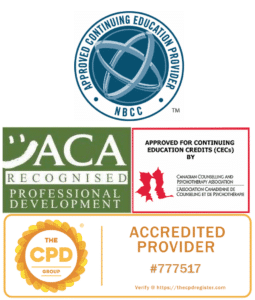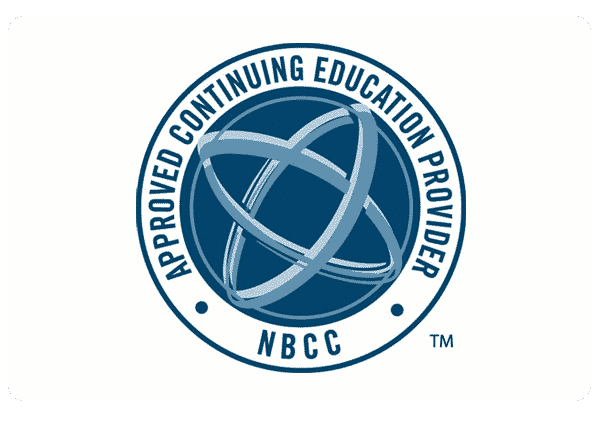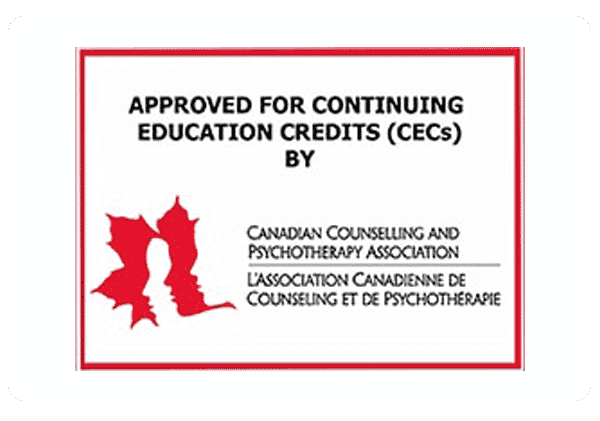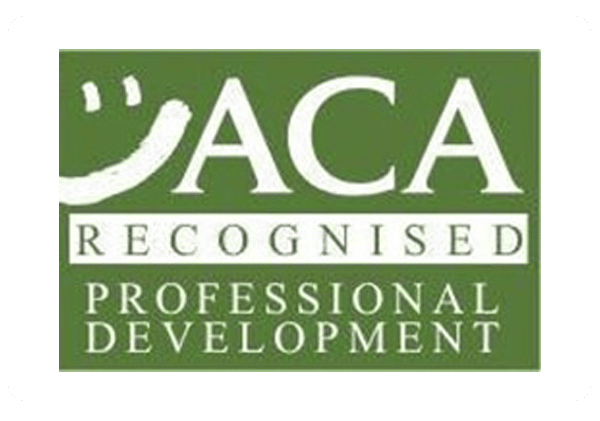Treating Trauma and Addiction with the Felt Sense Polyvagal Model™ – Jan Winhall
Our current brain disease model of trauma/addiction desperately needs a fresh approach, one that honours the wisdom of the body. The Felt Sense Polyvagal Model™ (FSPM) shifts the current pathologizing paradigm to a strength-based approach. Through the lens of Stephen Porges’ Polyvagal theory, trauma/addiction is seen as an adaptive stress response in our autonomic nervous system. Addictive behaviors are the bodies attempt to emotionally regulate by acting as propellers that facilitate neurophysiological shifts in our nervous system. The model integrates Porges Polyvagal theory and Gendlin’s Felt Sense enabling us to appreciate trauma/addictive behaviors as adaptive responses in maladaptive environments.
The workshop provides an overview of my book Treating Trauma and Addiction with the Felt Sense Polyvagal Model, Routledge, 2021. I will discuss the development of the model over forty years of clinical practice. Included is a description of the FSPM theoretical framework, an introduction to The Embodied Assessment and Treatment Tool™ and Carnes Three Circle Harm Reduction Practice. Participants will learn about Gendlin’s Focusing/Felt Sense somatic practice. Read More
The FSPM provides a foundational framework that offers a clear and powerful way to integrate embodiment into practice. Clinicians can integrate therapeutic modalities including, Inner Family Systems, Somatic Experiencing, Sensory Motor Psychotherapy, DBT, CBT, Interpersonal Neurobiology and more. A mixture of didactic information, experiential practices, demonstrations, and case examples will guide the clinician in applying the model. Downloads including the client and clinician FSPM graphic models, Body Cards, Three Circles, and more are available for the workshop on my website. Students need a journal and crayons. This course will be informative for those new to the field of trauma/addiction as well as seasoned practitioners.
TRAINING information
Our current brain disease model of trauma/addiction desperately needs a fresh approach, one that honours the wisdom of the body. The Felt Sense Polyvagal Model™ (FSPM) shifts the current pathologizing paradigm to a strength-based approach. Through the lens of Stephen Porges’ Polyvagal theory, trauma/addiction is seen as an adaptive stress response in our autonomic nervous system. Addictive behaviors are the bodies attempt to emotionally regulate by acting as propellers that facilitate neurophysiological shifts in our nervous system. The model integrates Porges Polyvagal theory and Gendlin’s Felt Sense enabling us to appreciate trauma/addictive behaviors as adaptive responses in maladaptive environments.
The workshop provides an overview of my book Treating Trauma and Addiction with the Felt Sense Polyvagal Model, Routledge, 2021. I will discuss the development of the model over forty years of clinical practice. Included is a description of the FSPM theoretical framework, an introduction to The Embodied Assessment and Treatment Tool™ and Carnes Three Circle Harm Reduction Practice. Participants will learn about Gendlin’s Focusing/Felt Sense somatic practice. Read More
The FSPM provides a foundational framework that offers a clear and powerful way to integrate embodiment into practice. Clinicians can integrate therapeutic modalities including, Inner Family Systems, Somatic Experiencing, Sensory Motor Psychotherapy, DBT, CBT, Interpersonal Neurobiology and more. A mixture of didactic information, experiential practices, demonstrations, and case examples will guide the clinician in applying the model. Downloads including the client and clinician FSPM graphic models, Body Cards, Three Circles, and more are available for the workshop on my website. Students need a journal and crayons. This course will be informative for those new to the field of trauma/addiction as well as seasoned practitioners.
Learning Objectives
- Describe five concepts in polyvagal theory as they apply to addiction and trauma informed embodied psychotherapy.
- Describe the neurophysiological states of the Felt Sense Polyvagal Model™ and how we work with each one.
- Explain addiction through the lens of Polyvagal theory, describing the paradigm shift.
- Explain the Three Circle harm Reduction Tool and how to apply it with addicted clients.
- Name the four avenues into Gendlin’s concept of Felt sense and how to help your clients connect with their bodies.
- Describe the Embodied Assessment and Treatment Tool™ and how it differs from the traditional pathologizing model.
About the Speaker

CPD/CE
CPD / CE / NBCC credits available: 3
How do I receive these credits?
The participant must pass the multiple-choice test with a minimum score of 80%. There is a maximum of three attempts to achieve this.
The post-test is included in the price of the training.
Does my regulatory body accept the credits?
The CPD & CE credits awarded can be used towards your declaration to any governing regulatory body in your state or country, provided the content is relevant to your discipline.
Our trainings are accredited by:
– The CPD Group, London
– Canadian Counselling and Psychotherapy Association
– Australian Counselling Association
– National Board of Certified Counselors (NBCC)







